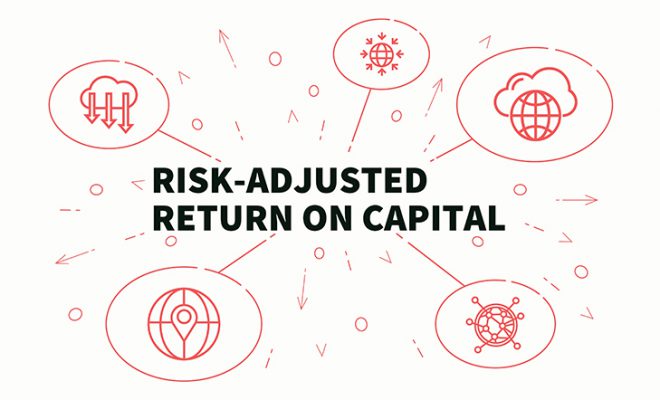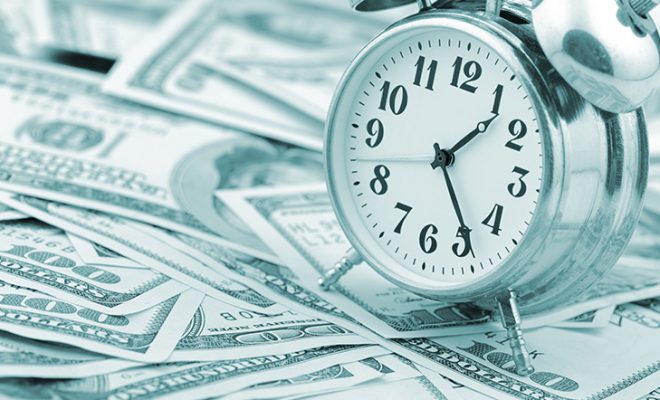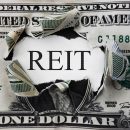Economic Bubbles: Everything you should know about them

In an era of economic jargons, it can sometimes be difficult to catch up on how the economy is faring, which can, in turn, affect the way you make your own financial decisions. You must have heard the term ‘Economic Bubbles’ doing the rounds these days with little knowledge on what it means and how it can affect you. In this article, we hope to give you all the necessary information on the phenomenon. From the past to the future, here’s how economic bubbles have affected the U.S economy.
Let’s start with the fundamentals.
What are economic bubbles?
Economic Bubbles are a part of the economic cycle, characterized by a rapid increase in the price of an asset such as housing, stocks, or gold, followed by a crash or contraction in the affected sector. They are not driven by the underlying demand but on speculative trends. Investors usually purchase these assets for reselling at a higher price later. The whole idea is based on the “greater fool theory” and when the growth finally slows down, and new investors are not ready to buy at the hyper-inflated price, the bubble deflates. Economic bubbles are hard to spot and are often identified after they burst.
What causes economic bubbles?
There are different theories, to explain their formation. But the reality is more complex as with most other economic factors, and no single theory can be widely accepted.
Low-interest rates are the most common cause of an asset bubble, which allows investors to borrow at a low rate and look for an alternative asset class. When the investment for that limited asset exceeds, the price begins to climb-up, leading to the formation of a classic bubble. The second factor could be demand. When investors notice a new paradigm, for example, a new product or technology, their prices are likely to increase. This may lead to demand-pull inflation. A bubble could also be aggravated from the supply side. With shortages in a particular asset, investors start buying stocks before they run-out.
In essence, a mix of economic and human behavioral factors (behavioral economics) together lead to the formation of such bubbles.
Some human behaviors which tend to aggravate the situation are:
1. Herding – The assumption that the majority can’t be wrong.
2. Cognitive Dissonance- When people try to avert their woes by looking for an alternative which gives them hope.
3. Short-termism- This happens when people are more concerned about their short-term gains.
What are different types of economic bubbles?
Economic bubbles can be categorized into four types:
Credit Bubble – A bubble created because of rapid growth in credit with business and consumers due to a low rate of interest.
Stock Market Bubble– When the price of stocks or shares increases rapidly, only to crash when investors know they are over-inflated.
Commodity Bubble– Price of one or several commodities rises, like the soaring prices of gold in the 1970s.
Market Bubble– When a particular sector experiences a rapid growth, for example: the housing bubble.
Are economic bubbles always bad?
Yes, bubbles are bad, and they can scar the economy in such a way that it might take decades to heal from it. But it may have some positive manifestations on micro-economic factors. During the boom, preceding the burst, there is a surge in economic activities. For instance, the housing bubble of the early 200s, created jobs and increased wages and houses became affordable which was only a distant dream for many before. Without the Dot Com bubble of 1990s, we would have lacked so many internet innovations, like the AOL, which connected every American to the web. During a bubble, credit is cheap, and this allows innovation-based startups to bring their ideas to the forefront. Let’s get a deeper perspective on some bubbles to hit the economy in the past.
Major Economic Bubbles in the Past- Lessons to be Learned
1. The Tulip Bubble of Netherlands (1637)
This is one of the earliest recorded events of an economic bubble, and never could one imagine it would be a flower. In the 1630s, the price of the bulbous flower reached its zenith, only to crash by 99% in 1637, leaving many people bankrupt. This frenzied the commoners and economists alike and set a new shade in economic studies.
2. Stock Market Crash of 1929
In the “Roaring Twenties”, the stock prices and the U.S economy grew rapidly. The Dow saw a six-fold increase between 1921 and 1928. The prices were so inflated that a crash was imminent. The four-day collapse caused a loss equivalent to $396 billion today. This is more than the cost of World War 1. The crash is what led to ‘The Great Depression of 1929’, when nearly 15 million Americans went unemployed and half the country’s banks had failed. It also changed the entire dynamics of the U.S. and world economies.
3. Dot-com Bubble
In the 1990s, there was an abundance of venture capital funding for internet-based startups, mostly based on a fad or speculative investment. These companies spent around 90% of their budget on marketing and obviously could not rip the soaring benefits. As a result, many of these companies crashed and participated in the stock market collapse of 2001, leaving investors with significant losses.
4. The Sub-Prime Mortgage Crisis
One from the recent memory, the infamous U.S housing bubble in the mid-2000s, brought the whole world to a stand-still. The crisis began on the premise of the American dream of homeownership leading to loosening of credit-underwritings sub-prime mortgages (mortgages targeted at borrowers who are generally not qualified for credit and are likely to default). The Lehman Brothers collapsed causing a massive domino effect resulting in a plummeting market. This played a huge part in the recession that followed and ultimately the financial crisis of 2009.
Probable Bubbles in the Future
U.S. Debt Bubble
The growing economy can sustain huge debts, as long as, the debt as a percentage of GDP does not go out of control. The country’s economy may seem sluggish but it is still dependable and expected to not collapse in the near future.
Student Loan Debt
It is the second largest form of debt in America, next to home-mortgages. Due to lack of jobs or unwise spending habits, many students end up being loan defaulters. If economists are to be believed, this trend may be the next bubble to burst.
Healthcare Bubble
The U.S. spends around 18% of its GDP on healthcare, which is twice the average of other developed countries in absolute terms. And yet, the country does not have better outcomes than the average.
Bitcoin Asset Bubble
In 2017, the total market value of bitcoins was $16 billion. With the Japanese economy giving it recognition, the price has been relatively stable for most of 2019, after an initial plunge.
To sum it up
Detecting and measuring a bubble is not an easy task by any means, which is why financial advisors recommend a well-diversified investment portfolio which is a mix of stocks, bonds, and commodities. The basic idea is to be wary of irrational exuberance and take emotions out of the equation while making an investment decision.
Do you need help in diversifying your portfolio to beat probable economic bubbles? Work with financial advisors for a better understanding on diversified investments.















